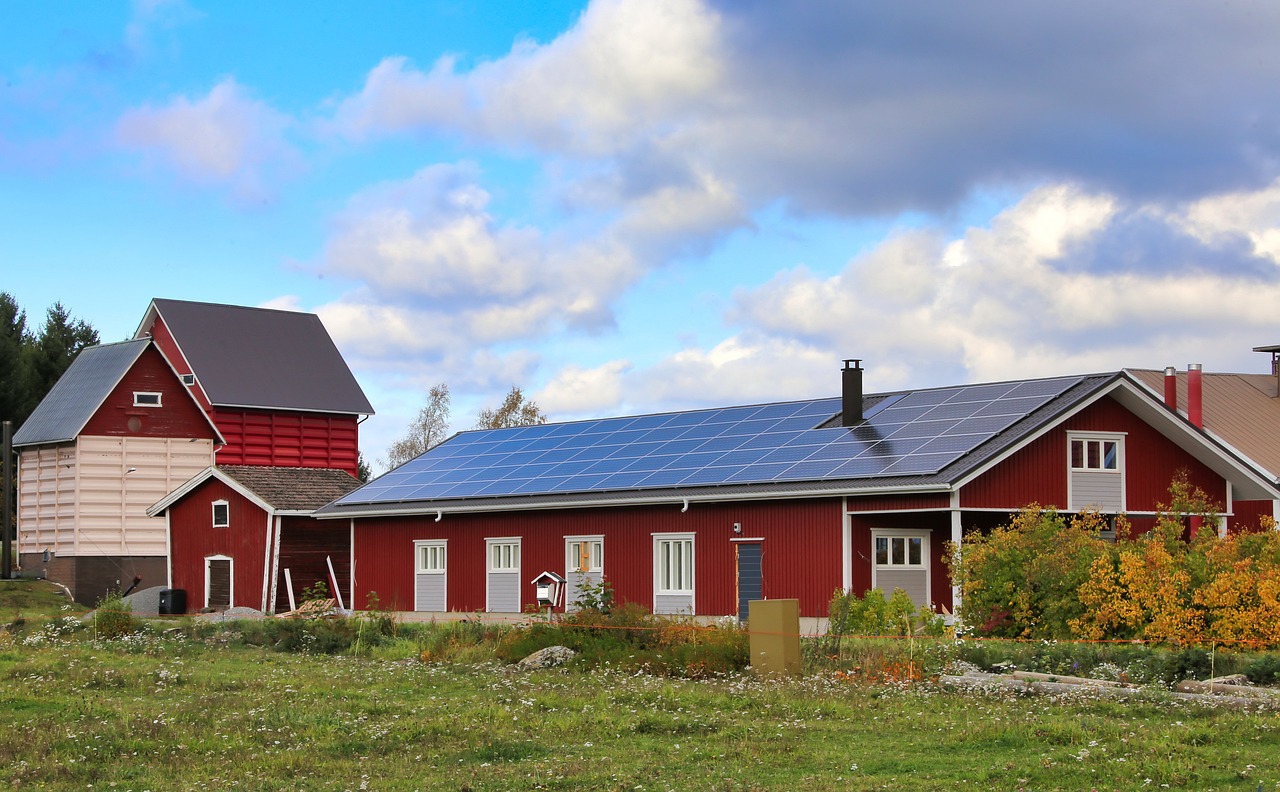As the world becomes increasingly conscious of the need for sustainable practices, industries are exploring eco-friendly alternatives to traditional methods. One such industry is agriculture, which is turning to solar energy to promote sustainable practices and power farms.
Powering the Farm with Solar Energy
Solar energy provides a clean and renewable source of energy for farms. Solar panels can be installed on farmland to generate electricity, which can be used to power irrigation systems, livestock facilities, and farmhouses. The excess energy can be sold back to the grid, providing an additional source of income for farmers.
Solar panels are particularly useful in remote areas, where it may be difficult or expensive to connect to the grid. Solar-powered farms are also more resilient to power outages and disruptions, ensuring a steady supply of energy for critical farm operations.
Promoting Sustainable Practices
Solar energy is an eco-friendly alternative to traditional fossil fuels, which are a major contributor to greenhouse gas emissions. By switching to solar energy, farmers can reduce their carbon footprint and promote sustainable practices.
In addition to reducing greenhouse gas emissions, solar energy also reduces the need for water, which is a precious resource in agriculture. Traditional irrigation systems require large amounts of water, which can be costly and unsustainable. Solar-powered irrigation systems are more efficient, using less water and reducing the strain on local water supplies.
Solar energy can also reduce the use of pesticides and fertilizers. Traditional farming practices often rely on these chemicals, which can be harmful to the environment and human health. By using solar-powered equipment, farmers can reduce the need for these chemicals, promoting a healthier and more sustainable ecosystem.
Final Thoughts
Solar energy is revolutionizing agriculture, providing a clean and renewable source of energy for farms while promoting sustainable practices. By switching to solar energy, farmers can reduce their carbon footprint, conserve water, and promote a healthier ecosystem. Solar-powered farms are not only environmentally friendly, but also more resilient to power outages and disruptions, ensuring a steady supply of energy for critical farm operations.
